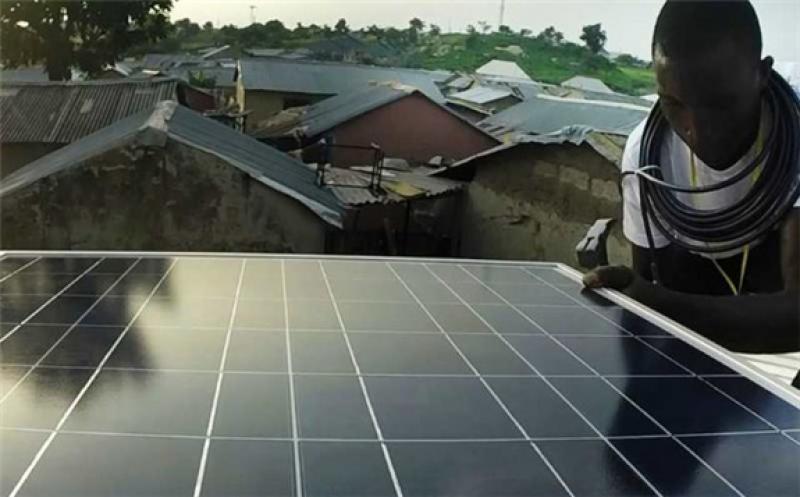Solar home system provider Lumos has obtained $35 million in financing from the US International Development Finance Corporation (DFC) to expand its existing solar power market in Nigeria.

It is reported that at present over 160 million people in Nigeria have poor or no access to the electricity grid. The solar company noted that the new financing will enable it to produce an additional 160,000 solar home systems (SHS) to meet the ever-increasing demand from homes and businesses across the country, where it already has a majority of the market share.
According to a company statement, this is aligned with the Nigerian government’s plans announced in June to connect five million households to solar power.
Alistair Gordon, Group CEO, Lumos, said: “This funding from DFC will enable people throughout Nigeria to seize the opportunities that come with access to reliable and affordable power. Access to energy is the foundation for a high quality of life, good healthcare, education and increased income. Our ultimate goal at Lumos is to provide power for everyone.”
Worku Gachou, managing director for Africa, at DFC noted: “Access to power is a fundamental need across Africa and is even more urgent as COVID-19 continues to impact communities across the continent. Supporting Lumos will empower one million people across Nigeria by delivering access to reliable and affordable energy. Together, we can help unlock Africa’s enormous potential for growth.”
The DFC financing announcement follows funding from Dutch entrepreneurial development bank FMO, announced in August, that will more than double Lumos’ customer base in Côte d’Ivoire.
Solar home systems offer a rapidly deployable power solution to a global market of more than two billion people. Currently, there are 740 million people with poor or no access to the electricity grid in sub-Saharan Africa, according to Lumos.
By offering a unique power solution to the mass market, the solar company noted that it is revolutionising and decentralising power supply in the region, in the same way that mobile phones revolutionised communications.







